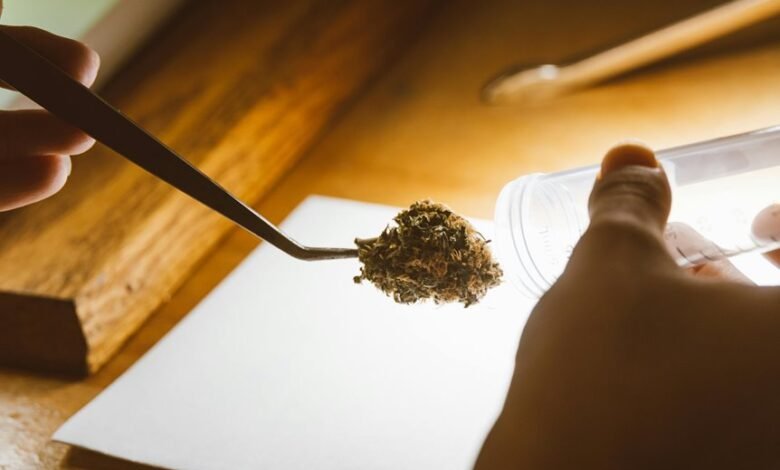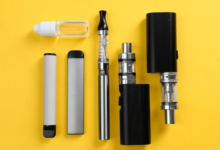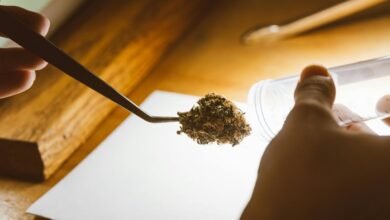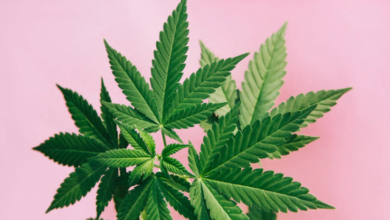Do Cbd Show up on Drug Test

The relationship between CBD and drug testing is complex. While CBD itself is unlikely to show up on a drug test, full spectrum products may contain trace amounts of THC. This can lead to unexpected positive results. Understanding the types of CBD products available and their THC content is crucial for users concerned about drug tests. What measures can individuals take to ensure they remain compliant with testing protocols?
Understanding CBD and Its Sources
Although commonly associated with marijuana, cannabidiol (CBD) is a distinct compound derived primarily from the hemp plant, a variety of Cannabis sativa.
The process of hemp extraction yields a substance with numerous therapeutic properties, while ensuring compliance with legal implications, as CBD products derived from hemp typically contain less than 0.3% THC.
This legal distinction supports broader access to CBD for various applications.
The Role of THC in Drug Testing
The presence of THC, or tetrahydrocannabinol, is a significant factor in drug testing, particularly in contexts where distinguishing between hemp-derived CBD and marijuana is necessary.
THC metabolism can lead to the accumulation of metabolites detectable in urine and blood tests. Consequently, drug test detection often focuses on these metabolites, complicating the landscape for individuals using CBD products with varying THC levels.
Types of CBD Products and Their THC Content
Understanding the various types of CBD products is essential for consumers, especially regarding their THC content.
Full spectrum CBD contains a range of cannabinoids, including up to 0.3% THC, potentially affecting drug test results.
In contrast, CBD isolate is pure CBD, with no THC, making it a safer option for those concerned about drug testing.
Each type has distinct implications for users' freedom and choices.
Tips for Navigating Drug Tests While Using CBD
When using CBD products, individuals must navigate the complexities of drug testing to minimize the risk of a positive result.
It is essential to understand testing policies and select CBD consumption options that are THC-free or contain minimal THC.
Regularly reviewing the ingredient labels and opting for third-party tested products can further reduce the likelihood of unexpected outcomes in drug screenings.
Conclusion
In conclusion, while CBD itself is unlikely to trigger a positive drug test, the presence of THC in full spectrum products poses a potential risk. It is crucial for users to understand the differences between CBD types and their THC content. The theory that all CBD products are safe from drug testing is misleading; therefore, individuals should prioritize THC-free options and verify product quality through third-party testing to ensure compliance with drug screening protocols.






